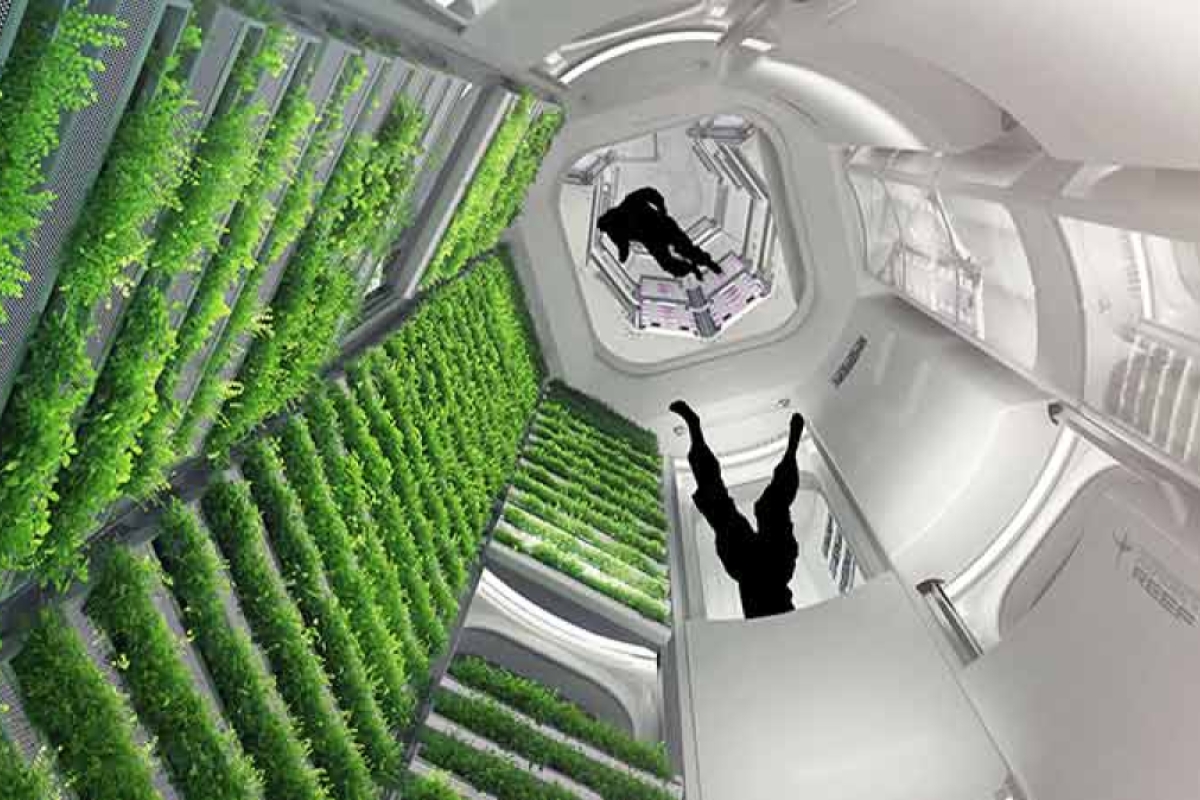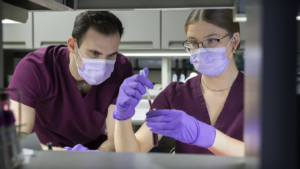A mixed-use business park in space may sound like a daydream of the distant future, but Arizona State University is partnering with Blue Origin and other space industry leaders to create one by the end of this decade.
Dubbed Orbital Reef, the pioneering space station will make its home in low Earth orbit and offer the infrastructure to support new markets in space, including research, manufacturing, travel, education and exploration. And it’s not just for specialists.
“Throughout the 20th century, space exploration has been the realm of the hero, the unreachable astronaut, the one special person. But with Orbital Reef, we will make it accessible for so many more people who can participate in many different ways,” said Lindy Elkins-Tanton, vice president of ASU’s Interplanetary Initiative and principal investigator of the NASA Psyche mission. “This is our moment to bring everyone into space exploration.”
Just like Earth-side business parks, Orbital Reef will provide a shared facility that different entities can lease and use to serve research, government, industrial, international and travel customers. Elkins-Tanton likens it to a village, where people from many organizations can carry out their activities separately and interact with each other. By offsetting the complexity and cost of living and working in low Earth orbit, Orbital Reef opens the space economy to a wider array of small businesses, projects and nations.




